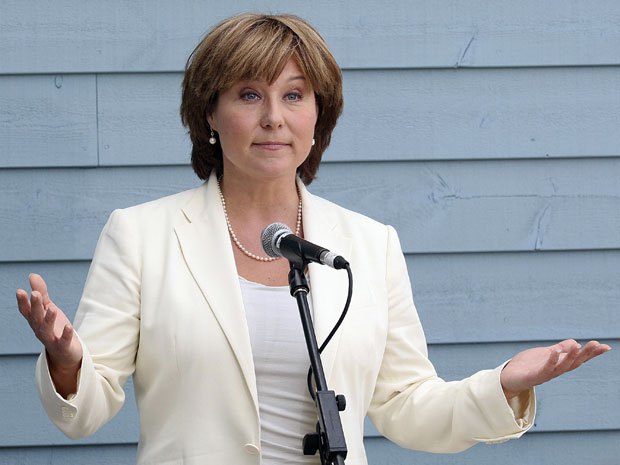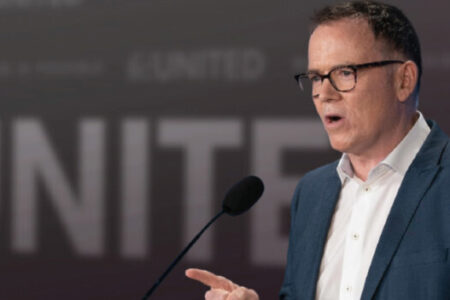B.C. Liberals' electoral finance reform package doesn't amount to much
Last week Premier Christy Clark heard the four letters that every politician dreads, particularly when it’s hitting close to home: RCMP.
Only five days after announcing its investigation into the Globe and Mail’s report that some lobbyists may have had their personal donations to the B.C. Liberal party and NDP reimbursed by unknown third-parties, Elections B.C. called on the RCMP to take over.
The Sensitive Investigations Unit – part of the Federal Serious & Organized Crime’s Financial Integrity Group – has been tasked with investigating the possible ‘cleansing’ of political donations in the province.
One gets a sense from their reaction that the Liberal party’s initial damage control plan went out the window in favour of full-blown crisis management.
Clark who has tried to ignore growing public anger over her fundraising practices – think $10,000 a plate cash-for-access dinners – may have finally blinked.
The Liberals suddenly felt the need to do something. Anything.
Clark skipped question period two days in a row last week, her traditional modus operandi when there’s a political crisis.
One can almost imagine the meetings that must have taken place in Vancouver with party strategists, maybe a few lobbyists, trying to come up with something they could announce that sounds good, but doesn’t really mean much.
Eureka. Word began to leak over the weekend that the Premier was preparing to go further than she had ever gone before on electoral finance reform.
The Diva of Deflection, as Independent MLA Vicki Huntington likes to call the Premier, lived up to the billing on Monday.
Using the B.C. government’s proposed real-time disclosure of political donations bill as a prop, Clark announced that if re-elected her government will move to establish an independent panel to review B.C.’s Elections Act and come up with recommendations for the legislature’s consideration.
“What I’m proposing today is a process to take political parties and politicians out of the process,” said Clark. “Regular review is important because there hasn’t been significant changes since 1995.”
I guess that goes to how one defines “significant.”
Clark didn’t see the need to establish a comparable panel when the government passed legislation to muzzle third-parties in what was once called the pre-campaign period – a move later overturned by the B.C. Court of Appeal – or when it amended the Elections Act so that all political parties would be given an electronic copy of everyone who votes in the future.
Making her announcement, Clark was clear that members of the panel would have to be accepted by a unanimous vote of the legislature, which everyone knows is a regular occurrence in Victoria (mild sarcasm).
If that wasn’t an insurmountable obstacle in and of itself, Clark added that any recommendations the panel might make four years later – or as the B.C. Liberal party prefers to say $60 million later – would have to be adopted unanimously as well.
When pigs fly.
Meanwhile in a remarkable display of decisiveness, B.C. NDP leader John Horgan can be marked down as squarely undecided on real-time disclosure, telling CKNW News “Take it as a yes or no, however you like it. We disclose annually, as does the Conservative party, the Marijuana Party, Libertarian Party, and the Liberal Party.”
This to CKNW’s softball question on whether the public can expect the NDP to report fundraising in real-time before voting day?
Horgan and his party has had nearly a year to contemplate the idea.
Since he brought up the Marijuana and Libertarian parties as a way to show his concern over how the proposed changes might effect them, it’s worth noting that B.C.’s 35 fringe political parties have accepted a grand total of 801 donations in 11-years.
Real-time disclosure is not a hill that any political party should die on.
Clark’s legislation came with a couple of unexpected and positive add-ons: the threshold for reporting political contributions will be lowered to $100 annually from $250.
And we may get to find out who attends those elite cash-for-access dinners with the Premier after all, albeit not retroactively.
Clark’s office was quick to point out that she had misspoken on that retroactive thing.
Call it the Premier’s foxtrot week: one step forward, two steps back, then sidestep the real issue.
Dermod Travis is the executive director of IntegrityBC.






















